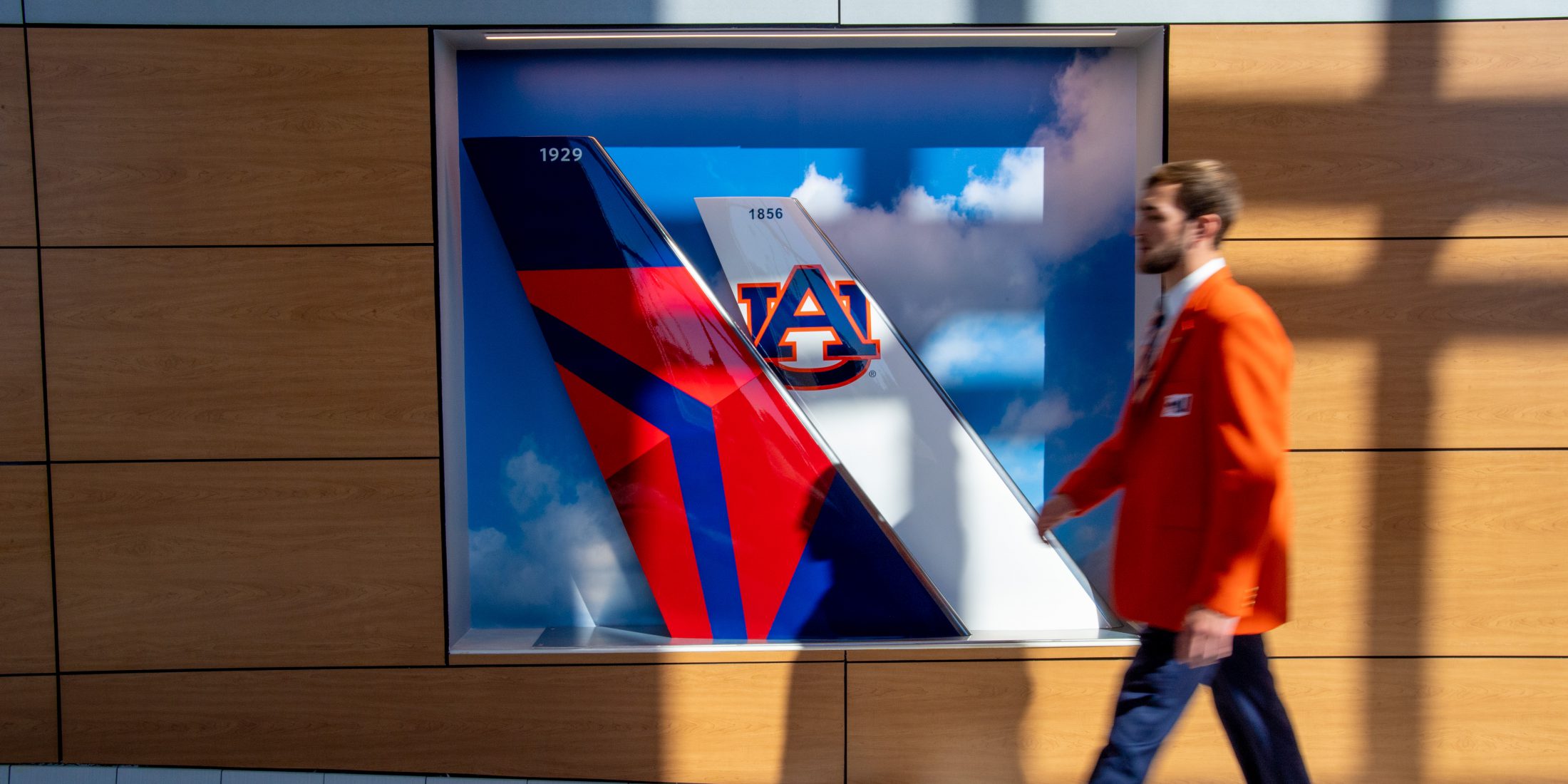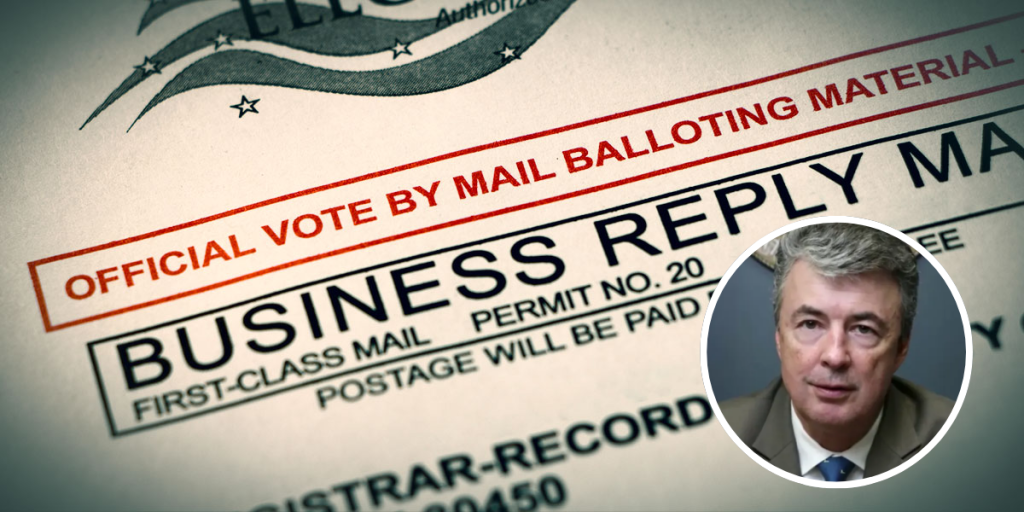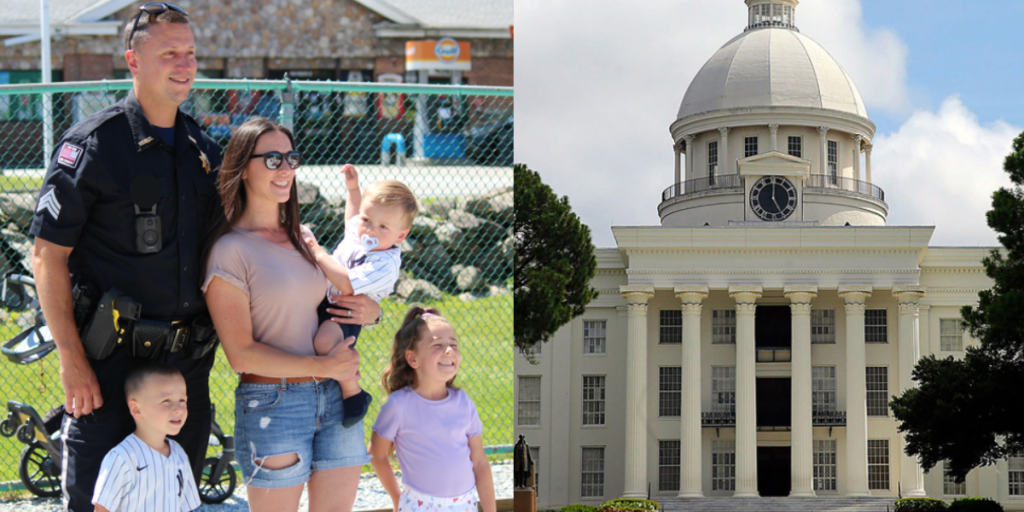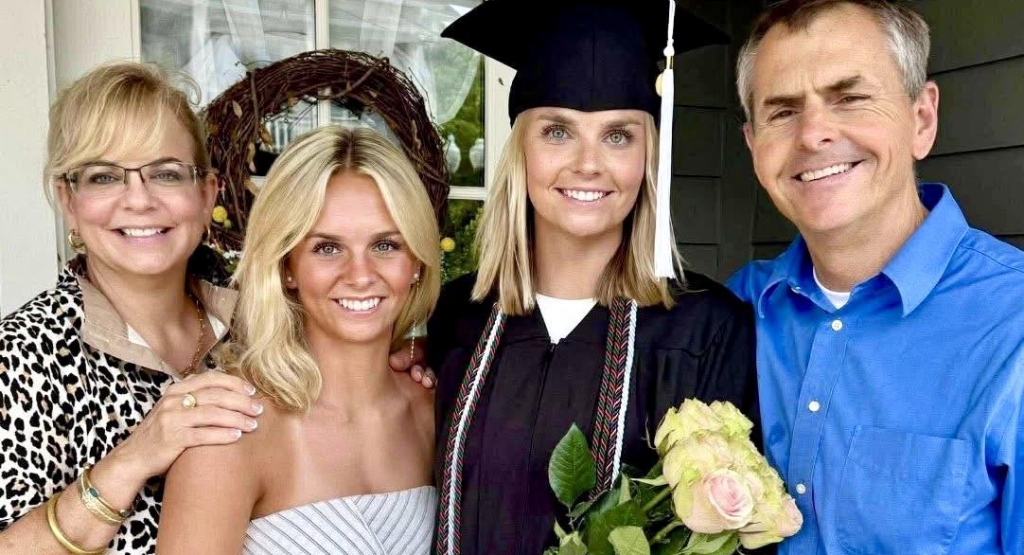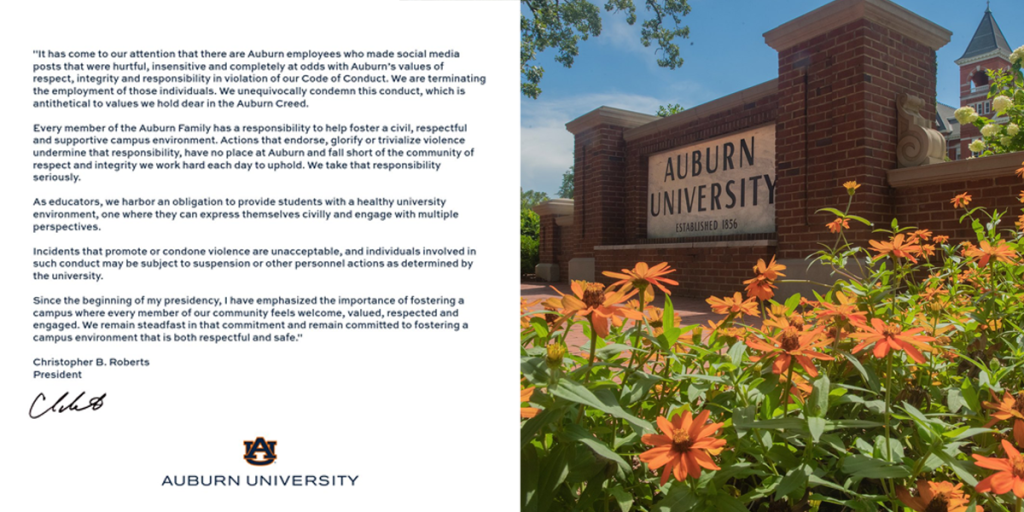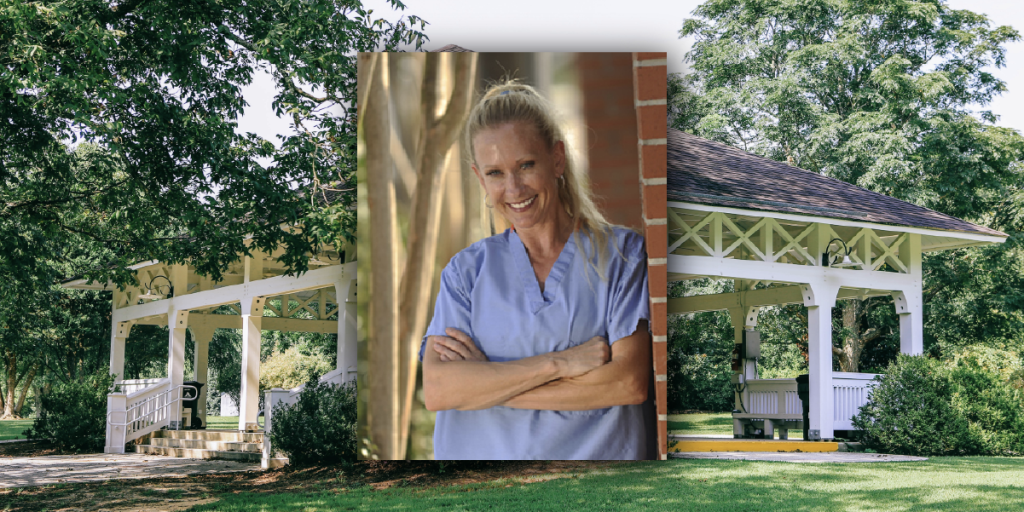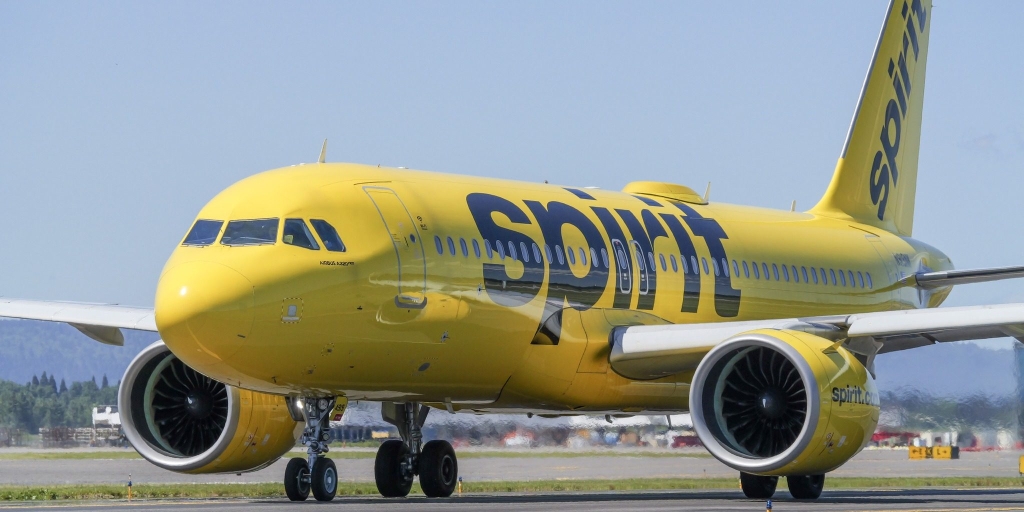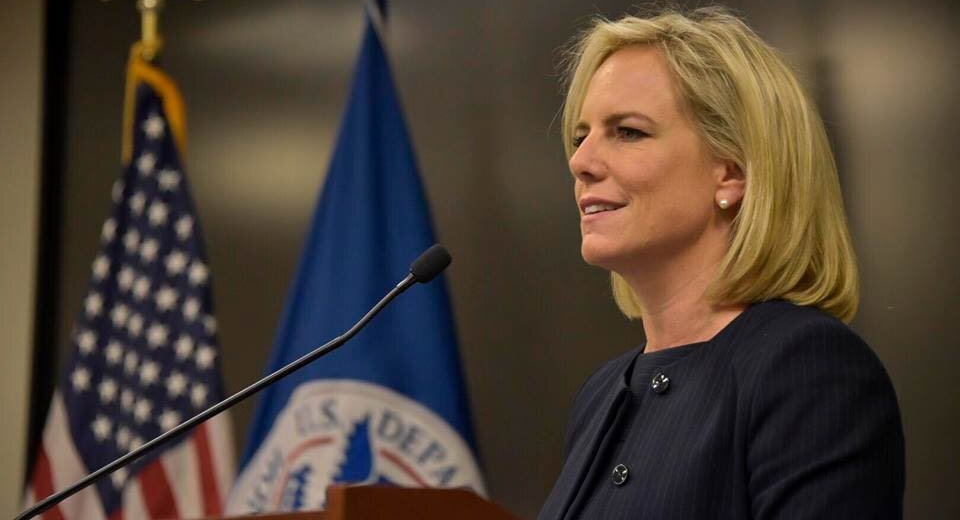A strategic partnership between Auburn University and Delta Air Lines aims to inspire and train the next generation of pilots and aviation industry professionals.
The company and university recently dedicated the Delta Air Lines Aviation Education Building, a 23,000-square-foot state-of-the-art facility designed exclusively for aviation education.
It features classrooms enhanced with advanced technology, debriefing rooms for student pilots and flight simulators, including one for the Airbus A320 passenger jet like those the company produces at its Alabama manufacturing facility.
The project followed a $6.2 million grant from Delta, The Delta Air Lines Foundation and the Jacobson Family Foundation to support aviation programs, advanced research and a student leadership initiative at Auburn.
“This raises the bar overall on what we can do for our students, as we prepare them to be leaders across the industry,” said Auburn University Regional Airport Director and Aviation Center Director Bill Hutto.
“It also elevates our program in the public eye, and I think it elevates our state as well.”
CLIMBING ENROLLMENT
Auburn, the only four-year institution in Alabama that offers degrees in aviation, has been teaching flight training since 1941.
Delta’s investment comes amid a significant increase in enrollment, with nearly 400 students combined in the professional flight and aviation management degree programs, Hutto said.
Officials are expecting 136 freshmen this fall, as well as 30 to 40 transfer students.
Auburn graduates are well represented in the global aviation and aerospace industries, in the cockpit and beyond.
Aviation management alumni work in airline management, crew scheduling, at the Federal Aviation Administration and many other regulatory agencies.
“For those who can’t fly, for whatever reason, there’s a place for them and we want to provide that onramp for them to get involved,” Hutto said.
Hundreds of Delta employees are Auburn graduates, including Paul Jacobson, Delta’s chief financial officer, trustee of The Delta Air Lines Foundation and chair of the Jacobson Family Foundation.
“As a graduate of the Auburn Aviation Management Program, I am proud to be a part of a partnership that will help provide exceptional training and support Delta’s continued investment in education in our communities,” he said.
FLIGHT TRAINING
The Delta Air Lines Aviation Education Building began full operations in January. There are three classrooms, an FAA testing center and a simulator bay with the Airbus A320 plus six other simulators used in flight training environment.
“We chose the A320 since they are assembled at the Airbus plant down in Mobile. We’re proud of the fact that they’re assembled in Alabama, and we thought that would be a nice tie in,” Hutto said.
The programs have an active advisory board, he added, with members who invest their time and resources with students.
There also are opportunities for internships and mentorships.
“We welcome input from people hiring our students. Part of our goal is to be helpful across the state to those who are trying to attract and retain business in Alabama,” he said.
The Delta grant also is funding endowed professorships, a student leadership development program called Emerge at Auburn and the Delta Air Lines Aviation Sensor ID Bay. The bay serves as a dedicated space for students to research and further development Radio Frequency Identification (RFID) technology.
Auburn’s aviation program received $4 million of the $6.2 million grant, while $2 million went to the RFID Lab and $200,000 to Emerge at Auburn.
In addition, Delta has selected Auburn as one of the initial eight universities to participate in its Propel Pilot Career Path Program, which will help identify, select and develop the next generation of pilots.
Students chosen for the program will receive a Qualified Job Offer, detailing a defined path and accelerated timeline to becoming a Delta pilot in 42 months or less.
(Courtesy of Made in Alabama)




